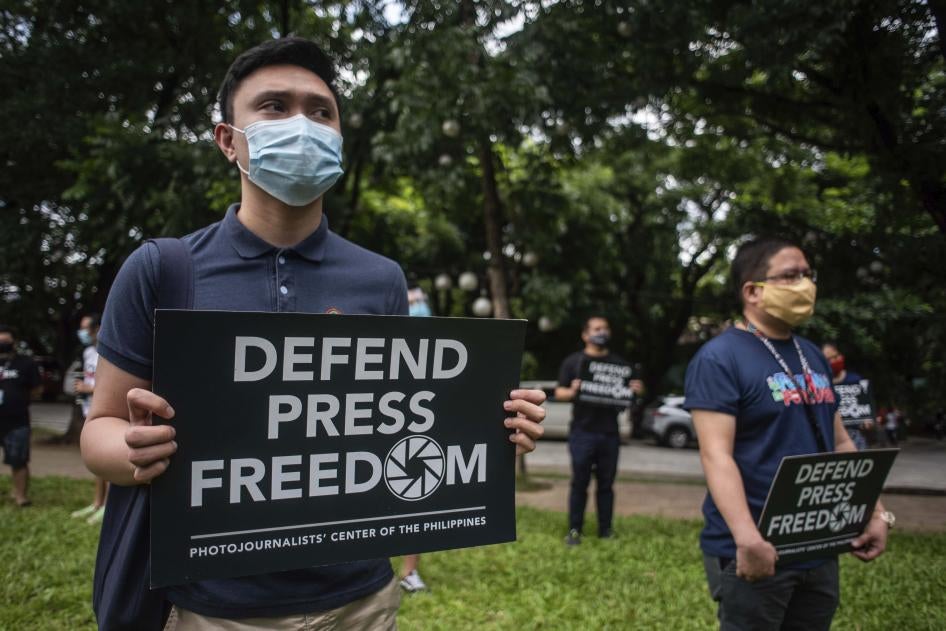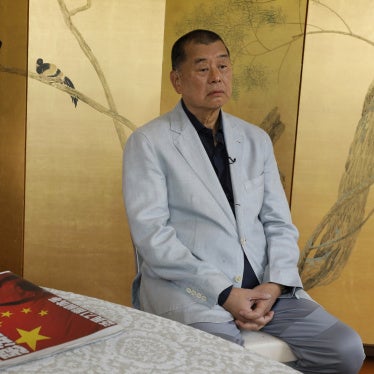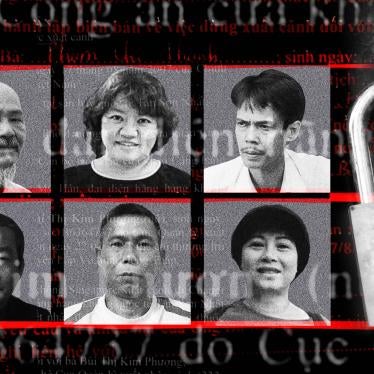Another journalist has been killed in the Philippines, the 22nd during the presidency of Rodrigo Duterte.
Jesus Malabanan was watching TV in his home in Calbayog when gunmen barged in and shot him in the head, according to reports. Malabanan, 58, was a longtime journalist who reported for Bandera, The Manila Times, and The Manila Standard. He also helped produce Reuters’ Pulitzer Prize-winning coverage of Duterte’s “drug war.”
The Foreign Correspondents Association of the Philippines said Malabanan’s murder “underscores the threats and dangers Filipino journalists continue to face.” The Philippines is infamous for being among the most dangerous places in the world to practice journalism, where killings of reporters go largely unpunished.
Malabanan’s killing comes as journalists in Philippines face continued harassment for simply doing their jobs. On November 29, Alfonso Cusi, the secretary of the Department of Energy, and Dennis Uy, a friend and campaign donor of Duterte’s, filed libel and cyber libel cases against 21 journalists and 7 media organizations who reported about a corruption complaint against the two over an energy deal. Cusi said the stories caused him “reputational damage.” Journalists and media groups denounced the case as an assault on press freedom. Libel and cyber libel are criminal offenses in the Philippines and journalists, bloggers, even social media users have been arrested and jailed because of it.
Against the backdrop of violence and intimidation of journalists in the Philippines, the receipt today of the Nobel Peace Prize by the journalists Maria Ressa from the Philippines and Dmitry Muratov from Russia serves as a beacon of hope for journalists around the world, many of whom face threats and physical attack. Yet even Ressa and Rappler, the publication she leads, still face politically motivated charges when she returns to Manila. Authorities only gave her a five-day travel permit to go overseas to collect her prize.
The Philippine government needs to recognize that critical reporting is a necessary element of a rights-respecting democracy, not a threat. A key way to make that clear is to step up efforts to investigate attacks against journalists and appropriately prosecute those responsible.










